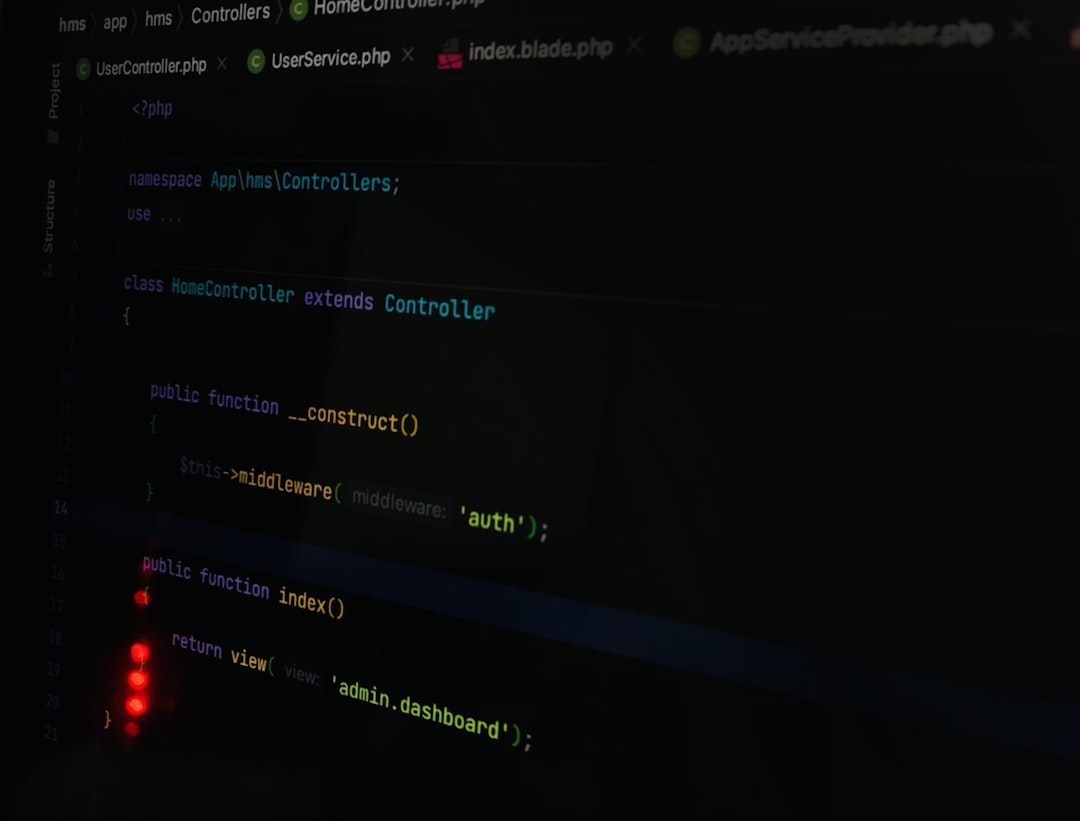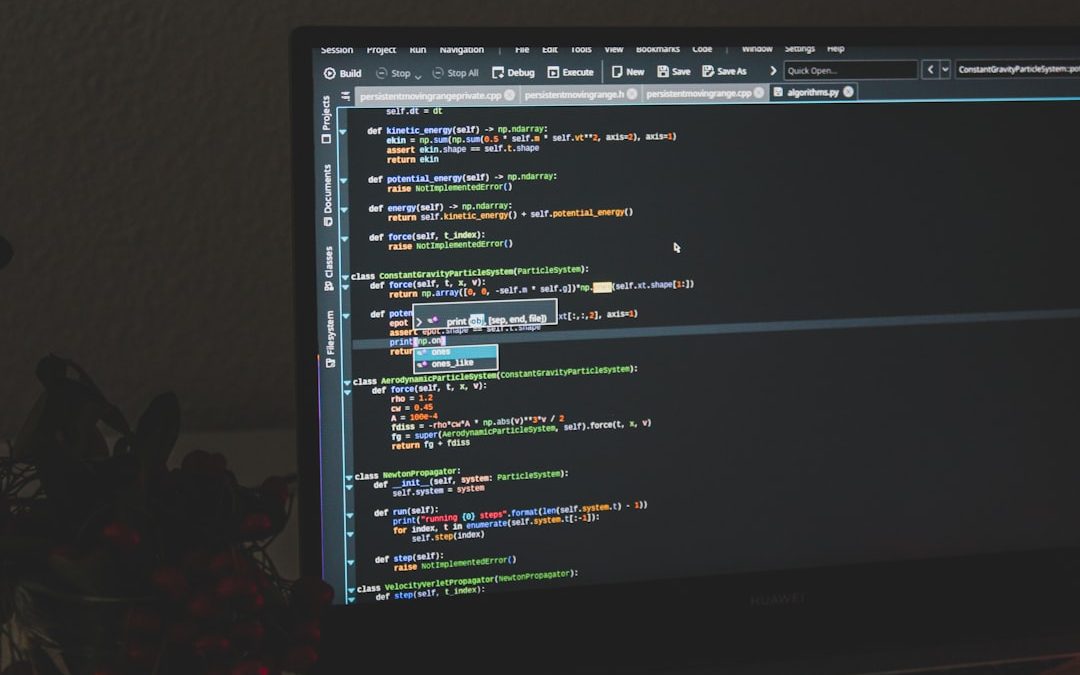As developers, we’re often equipped with scripts, command-line tools, and APIs that are engineered to make our lives easier. However, when things go wrong, even the smallest hiccups can cost valuable time. One such hiccup is the mysterious and frustrating “Error Calling Tool ‘edit_file'”. This article dives into what causes it, how you can fix it, and ways to prevent it from recurring.
Understanding the Error
Before addressing the fix, it helps to understand what’s actually happening. This error usually occurs when a tool or utility designed to open and modify a file programmatically fails to carry out its operation.
Root Causes Often Include:
- Incorrect file path or permissions
- Missing or misconfigured environment variables
- Incompatible or outdated dependencies
- Tool-specific bugs or edge cases
This problem is especially common in environments with automated workflows, such as CI/CD pipelines, editor extensions, or file generation tools like Yeoman or custom CLI utilities.

Step-by-Step Fix
Solving “Error Calling Tool ‘edit_file'” doesn’t usually require rewriting your codebase. It’s often a matter of narrowing down the environment or toolchain issue. Here are the key steps to explore:
-
Check File Existence and Path
Make sure the file you’re trying to edit actually exists at the specified location. Typos in file names or paths are the most common culprits. -
Verify Permissions
Depending on your OS and user role, your program might lack the necessary read/write permissions. Run your script with elevated privileges or change permissions usingchmod(Unix) or property settings (Windows). -
Inspect Dependencies
Tools don’t always come with detailed error messages. If you’re using a tool installed via npm, pip, or a similar package manager, try updating or reinstalling:npm update -g your-tool-namepip install --upgrade your-tool-name
-
Check Environment Configuration
Look for necessary environment variables likeEDITORorPATHthat might be unset or incorrectly configured. -
Review Log Output
If your tool outputs logs or debug messages, capture and review those. Often, underlying errors are masked behind simple error strings.
Tool-Specific Fixes
If you’re encountering this issue with a specific framework or IDE, more tailored options might exist.
- Visual Studio Code: Check that the code command-line tool is properly installed and in your system PATH.
- CLI Generators: Check the template files and ensure the project configuration file (e.g.,
package.json,.yo-rc.json) doesn’t point to non-existent resources. - Custom Scripts: Debug the section where
edit_fileis called. Ensure the file descriptor, path, and method used are all valid.

Best Practices to Prevent This Error
Once you’ve resolved the issue, consider implementing safeguards to reduce the risk of recurrence. Here are a few proactive measures:
- Implement Input Validation: Ensure your scripts validate paths and permissions before attempting file operations.
- Use Logging and Error Handling: Add meaningful logs and try/catch blocks to catch and report specific issues clearly.
- Test in Isolated Environments: Use containers or virtual machines to test your tool in clean environments, ensuring there are no hidden dependency issues.
Conclusion
Though the “Error Calling Tool ‘edit_file'” may seem vague at first, a structured approach can help you resolve it quickly and prevent it going forward. Always start by checking the basics—file path and permissions—and move on to deeper diagnostics like environment variables and tool configuration.
By learning to recognize the nuances of such common errors, you can save time and get back to coding faster, with more confidence in your development setup.
yehiweb
Related posts
New Articles
How to Generate Intermediate Representation for a Compiler: 5 Essential Steps Used in Modern Compiler Design
Modern compilers are sophisticated systems that transform human-readable source code into efficient machine code. At the heart of this transformation…


